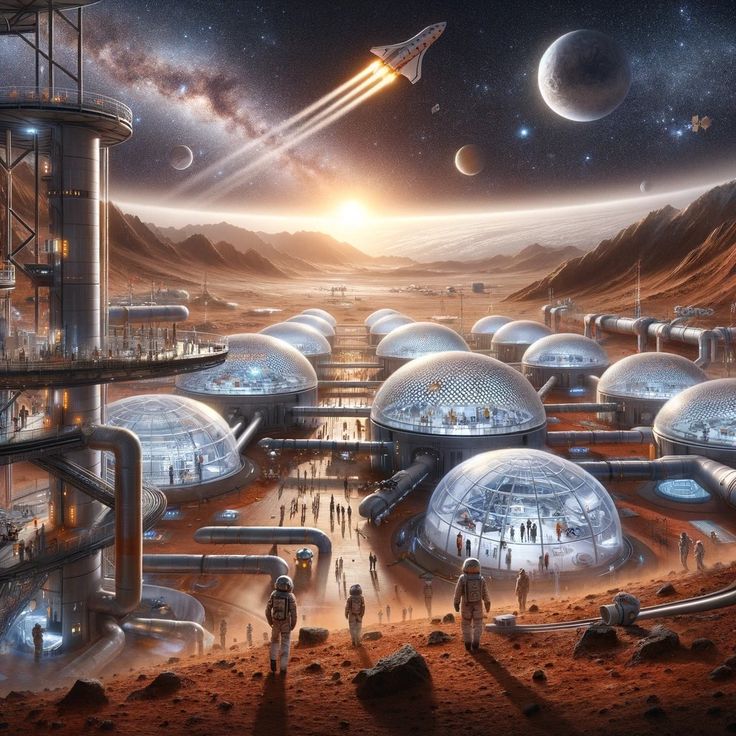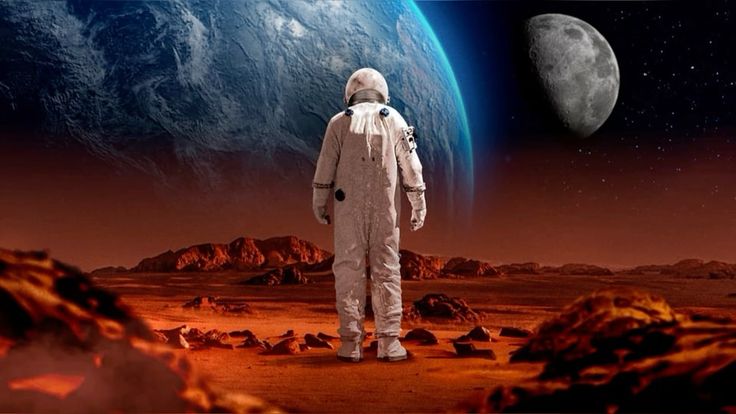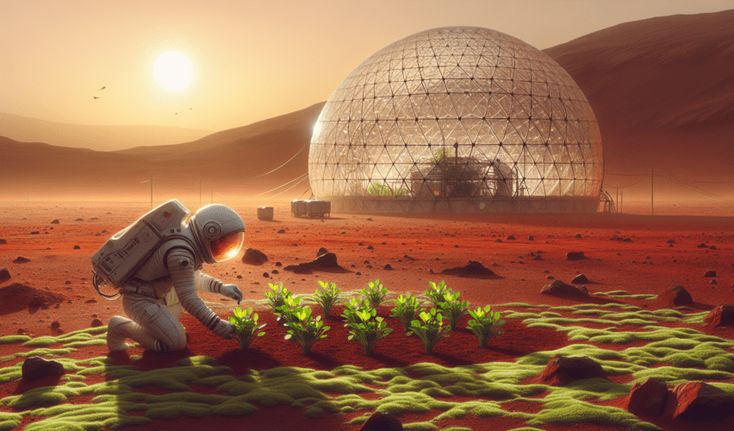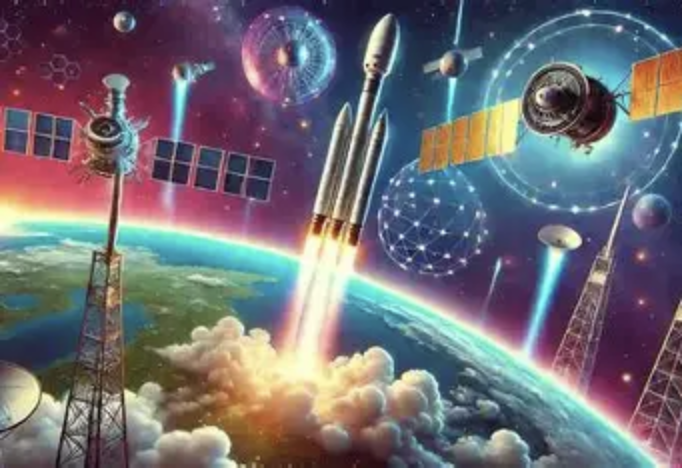The Real Challenges of Mars Colonization
The idea of colonizing Mars is no longer confined to science fiction. With continuous breakthroughs in rocket technology, humanity seems to have reached the threshold of a “second home.” Yet, as the wave of excitement gradually subsides, those who think calmly realize that colonizing Mars is far more complex than we imagined. It is not merely a relocation, but an adventure that fundamentally alters the course of life.
First is the harsh environment. Mars' atmosphere is thin, composed primarily of carbon dioxide, with barely enough oxygen for human respiration. Even during the day, temperatures often hover around minus several dozen degrees Celsius, while nights grow cold enough to make metal brittle. To survive in such conditions, humans must rely on massive, sophisticated life support systems—meaning any minor misstep could become a deadly crisis.

Then there's radiation. Earth's magnetic field and thick atmosphere shield us from cosmic rays, but Mars lacks this natural barrier. Prolonged exposure to intense radiation could cause genetic damage, increase cancer risks, and even affect reproductive health and future generations. Scientists have proposed underground dwellings or bases covered by thick ice sheets, but these require massive engineering efforts and constant maintenance.
Food and water pose equally formidable challenges. Mars isn't entirely devoid of resources—subsurface ice deposits and minerals convertible into water and oxygen exist—but bridging theory to practical application involves complex technologies and lengthy experimentation. Cultivating vegetables in Martian red soil may sound romantic, but reality demands nutrient solutions, greenhouses, energy, and time. Even harvesting a single lettuce leaf could represent months of team effort.

Loneliness stands as one of the most overlooked yet deadliest challenges. Mars lies tens of millions of kilometers from Earth, with communication delays stretching over twenty minutes. This means real-time interaction with Earth is impossible. Picture feeling anxious or needing help at an extraterrestrial base, only to wait dozens of minutes for a response. Such psychological pressure could drive astronauts to depression, irritability, or even dangerous decisions.
Another critical factor is physical adaptation. Mars' gravity is only one-third of Earth's. Long-term exposure could cause gradual bone and muscle atrophy. If children were born on Mars, would their bodily structures change irreversibly, making Earth inhospitable? These are unknowns—and the unknown is precisely what unsettles us most.
Energy challenges are equally immense. Solar power is viable on Mars, but frequent dust storms could block sunlight for weeks at a time. Nuclear energy is a candidate solution, yet it carries risks of safety and transportation. For a civilization to truly take root on Mars, a stable energy system must be established; otherwise, all efforts would amount to nothing more than a temporary stopover.

Despite these hurdles, humanity remains eager to set foot on the Red Planet. It symbolizes the desire for exploration and represents a challenge to the unknown. Perhaps the truest challenge lies not in Mars itself, but in humanity's ability to maintain cooperation, rationality, and hope under extreme conditions. If these challenges can be overcome, Martian colonization will cease to be a fantasy and may become a new chapter in human civilization. Mars will not welcome us easily, yet it is precisely this that fuels humanity's longing. After all, the courage to explore the unknown is the true force propelling us beyond Earth.
(Writer:Tick)





